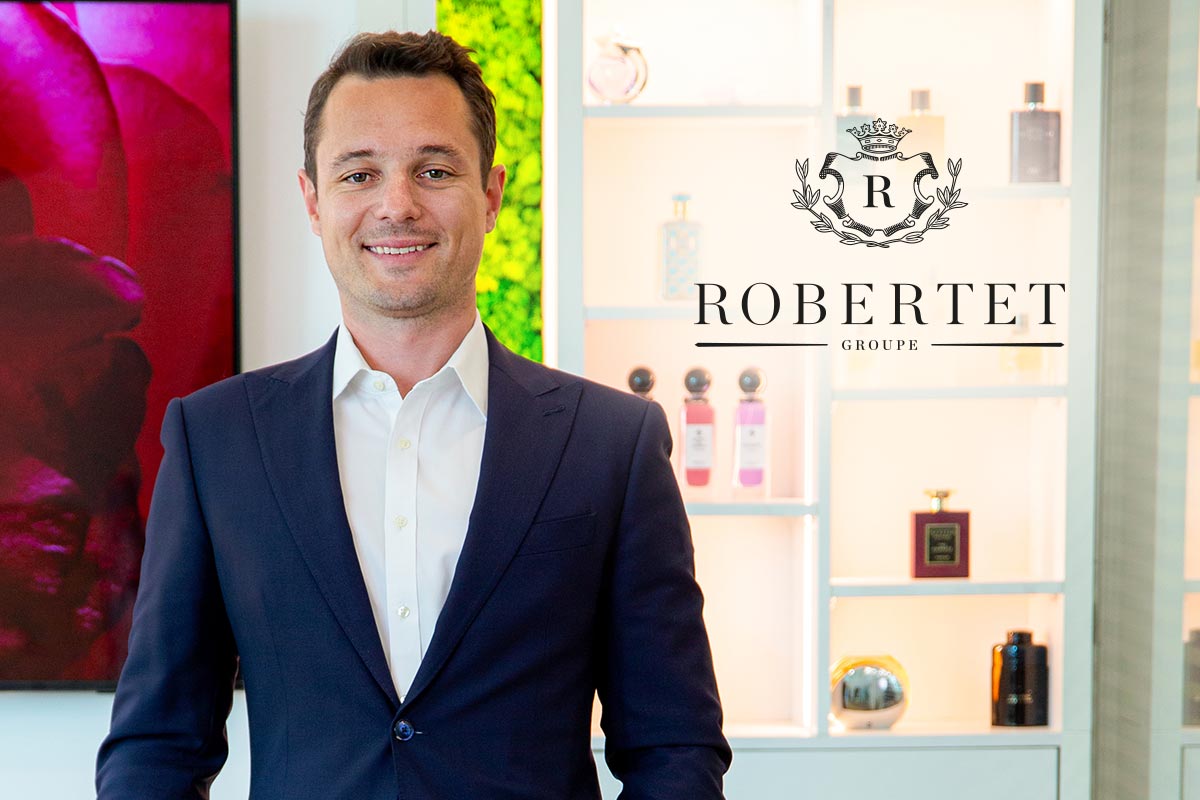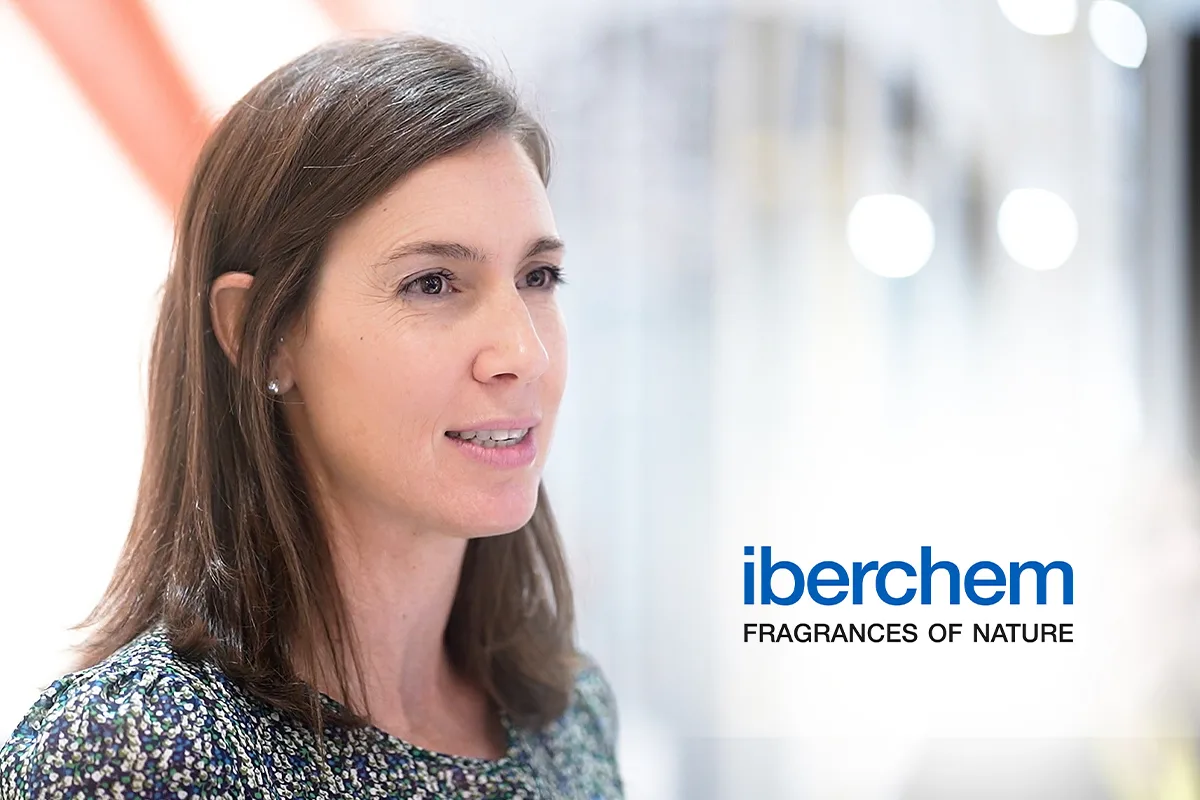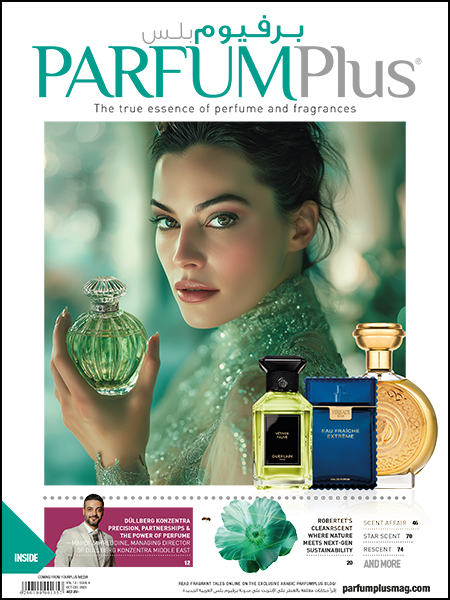ParfumPlus talks to Santiago Sabatés, the CEO of Eurofragance, a Spanish company devoted to creating fragrances since its foundation in 1990
ParfumPlus (PP) : Hi Santiago. Tell us a bit about how your association with perfumes began?
Santiago Sabatés (SS) : My father had been in this business for very long and I remember as kids we used to play with samples which often involved smelling scents of ingredients like strawberry and lavender. I think this was when it all began.
PP : How many years has your family been in this business?
SS : Eurofragance has seen 1.5 generations of the family, initially focused on the Spanish markets. I however wanted to be free and independent, and I wanted to go beyond, travel and explore markets. So I made my choice of starting the company with my sisters and brother.
PP : How do you perceive your company? As a business person or as a perfumer?
SS : Well, it’s not just a business aspect for me as I am very much linked to every product. I have passion for my products and I have passion for smell. Today unfortunately, I can’t be in the lab and create fragrances but I still try to be involved wherever possible. Whenever I am travelling or meeting customers, I talk to them about the fragrances, its smell, what goes into producing it and every aspect about it.
PP : So initially you were also involved in the creation of perfumes? And if so, are your creations still in use?
SS : Yes, initially I was a part of creating the perfumes and even today Eurofragance receives orders for some of my references. Like in Saudi, many of my fragrances are doing pretty well. Even though I started out small, the same orders have grown considerably.
PP : Is it right to say then that you have grown with Dubai?
SS : Yes, Dubai and Saudi Arabia.
PP : You are from Spain yet you are inclined towards oriental fragrances, how is it so?
SS : I like the oriental smell, I like oudh, jasmine, shamama and other flowers… I was very interested in this and so I made trips to Mumbai in India and other places to understand ingredients to use as my palette. Twenty years ago in the palette of this industry, you couldn’t find anything more exotic than sandal. Ingredients like shamama or an oudh were nowhere to be seen. So, I used to carry back these ingredients from South East Asia and India and I was using them.
PP : It’s not very common because Europeans normally don’t adjust easily to oudh…
SS : Yes, but it has been my personal favourite since childhood. I love oriental smell.
PP : And at what age did you start the company?
SS : I was 25 when I started Eurofragance, in the year of 1990. But I started working in the industry at the age of 22, so I got my share of experience from outside and it was during that time I got the chance to meet people from Saudi and I started to understand their sense of smell. That was when I was first exposed to oudh.
PP : So you discovered oudh almost 25 years back whereas the world seems to have done it in the last 5 to 10 years…
SS : Yes, I did. But now, I feel it’s being used just as a name in the bottle like a marketing gimmick by some companies.
PP : This is a common allegation to a lot for brands out there that there’s no actual oudh in the perfumes that claim to be ‘oudh’. Does Euroragrance promise to have oudh in their products?
SS : Yes, of course. We produce and use a lot of natural oudh. Today, there are two perceptions when it comes to the use of oudh in fragrances: using it as a marketing gimmick and using it actually in the fragrance. There are some companies that claim to include oudh in their compositions even without having knowledge of it. However, even in this situation, there are brands like Ajmal and Abdul Samad Al Qurashi amongst others who offer some excellent compositions in this category.
PP : What are your thoughts on the concept of layering in perfumes, does it exist in Europe?
SS : I find it to be extremely interesting. Even though in Europe, this trend is yet to gain popularity, I can see plenty of influences from the Middle East in terms of fragrances that are used there. For instance, people travel a lot and so end up circulating trends. For instance, when I was young, I had no idea what sushi was. In fact, my knowledge about Japanese food was limited. But today in my city, Barcelona, Japanese food is popular and this is because people travel and are exposed to different things that they like to bring back to their own home.
PP : Mixing perfumes, what do you have to say about that?
SS : Here in the Middle East, this is a trend because people have the knowledge and are able to identify what mixes well with which ingredient. In fact, this knowledge is developed since childhood in the Arabian culture where fragrances are an integral part of the culture. This know-how also narrows down to their way of purchasing when it comes to buying perfumes.
PP : As the future of perfume industry, how do you see the trends evolving in the next 10 years?
SS : As an industry, I think it’s quite promising as of now, because even the new generations seem to be interested in this art. And for the trends, mixing seems to be very popular, for example, taking a classic composition from Paris and lighting this fragrance with modern materials, wrapping it up with an oriental touch creates something new and unique that is appreciated by customers as well.









